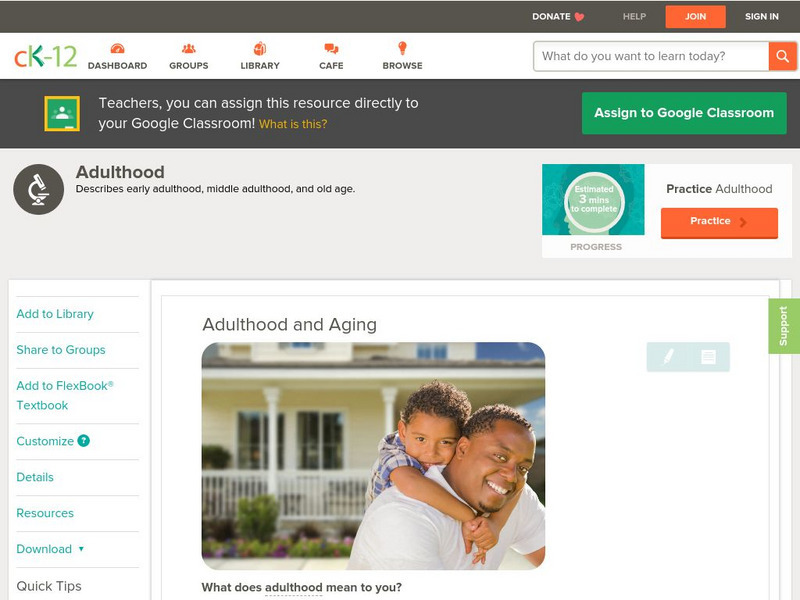Curated OER
Your Day as a Cycle
Fourth graders examine a variety of cycles. They take a look at life cycles of plants and animals, the cycle of the moon and tides, and other sequences of events in their daily lives. An interesting part of the instructional activity is...
Curated OER
Water Cycle (Grades 2-4)
Students demonstrate their understanding of the water cycle and how it effects the environment by graphically depicting and describing the water cycle.
Curated OER
Human Impact on the Life Cycle of Corals
Students study the life cycle of a coral reef. They then participate in a simulated village meeting in which they roleplay various characters who must review proposed legislation dealing with reef management.
Curated OER
Biosphere II
Students continue their examination of the existence of life on Earth. In groups, they determine the role of the water cycle and other biogeochemical cycles play in keeping balance on Earth. They participate in experiments to discover...
Curated OER
Birth, Growth and... Reproduction!
Young scholars research the Arctic Hare and chart relevant information under month headings. They compare the information about the Arctic hare to other Arctic mammals.
Curated OER
Consider the Issues
Learners develop and express opinions on personal and societal issues in biology through journal entries (written and other forms), oral position statements and group discussions.
Curated OER
A Dog's Life
Students get a look into the life of dogs-from their origins and basic biology, through selective breeding, and into how dogs have become intricate parts of everyday life for many people worldwide.
Curated OER
Water Wonders
Learners explore hydrology concepts. In this environment and biology lesson, students identify and describe macroinvertebrates using a variety of pictures and resources. Learners observe and write about a classroom aquarium in which...
Curated OER
Pesticide Watch Card
Students examine human health by identifying dangerous pesticides. In this agriculture lesson, students research the food production system in the United States and discuss dangers such as pesticides, chemicals and insecticides which...
Curated OER
Paper or Plastic: Exploring Renewable Resources.
Students discuss, develop, invent, and implement a plan for making informed personal economic decisions about renewable resources.
Agriculture in the Classroom
A Rafter of Turkeys
How did that turkey get from the early Aztec culture to your table? Learn about the history of wild and domesticated turkeys in North America, as well as their inclusion in Thanksgiving traditions, with a two-part agricultural science...
Channel Islands Film
Human Impact on the Food Web of Santa Cruz Island
What happens when a non-native species is introduced onto an island? Santa Cruz Island, part of the Channel Island chain located off the coast of southern California, provides the perfect laboratory for young environmental scientists to...
Sociology Central
Functionalist View of the Family
Any social science class studying functionalism and family may benefit from these eight pages of background information and activities. It does not include specific learning objectives, assessments, or rubrics, but it is a great source...
Curated OER
What is a Karst
Young scholars investigate landforms by holding a class experiment. In this topography lesson, students define the word "karst" and discover why sinkholes are created on the surface of the Earth by completing worksheets. Young scholars...
Curated OER
Peeled Trees Tell The Story
Students investigate the diversity of life that is found in Montana. They research some of the different interactions that organisms have with their environment. The lesson includes an extensive introduction for teacher information....
CK-12 Foundation
Ck 12: Life Science: Adulthood and Aging
[Free Registration/Login may be required to access all resource tools.] When is a person considered an adult? That depends. Most teens become physically mature by the age of 16 or so. But they are not adults in a legal sense until they...















